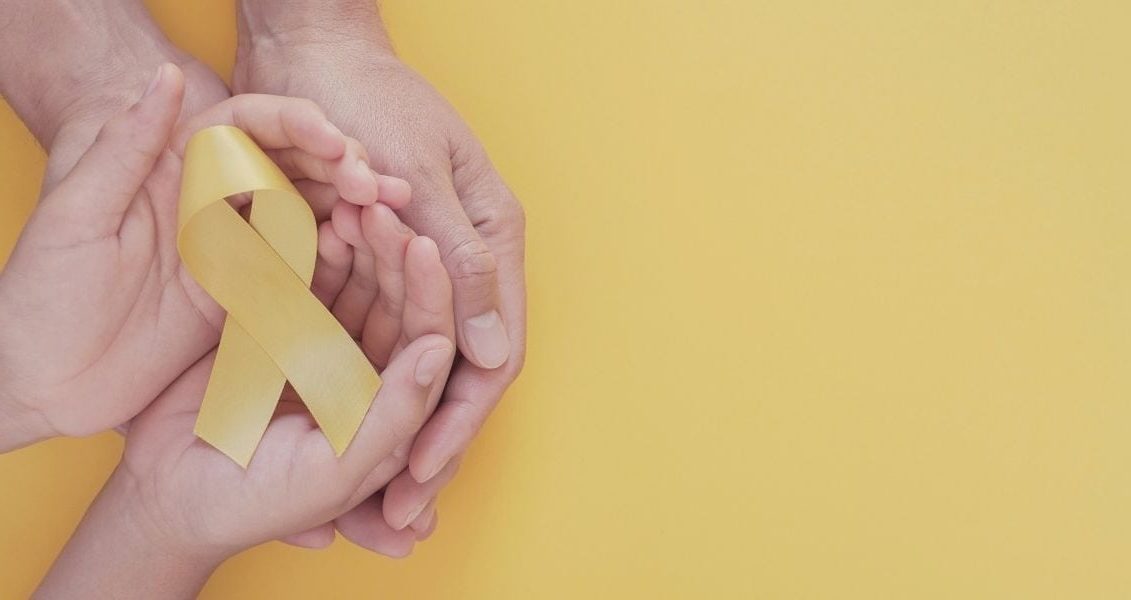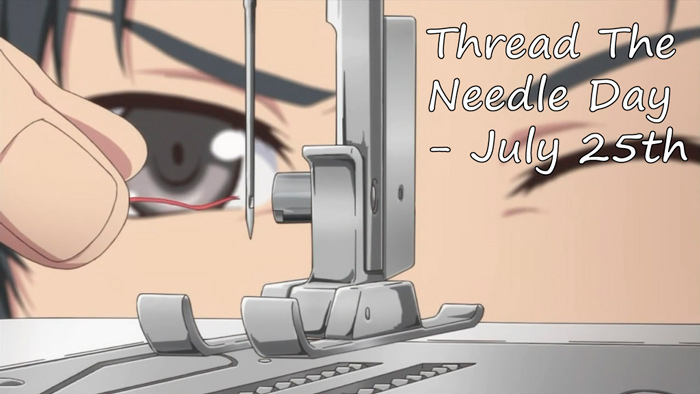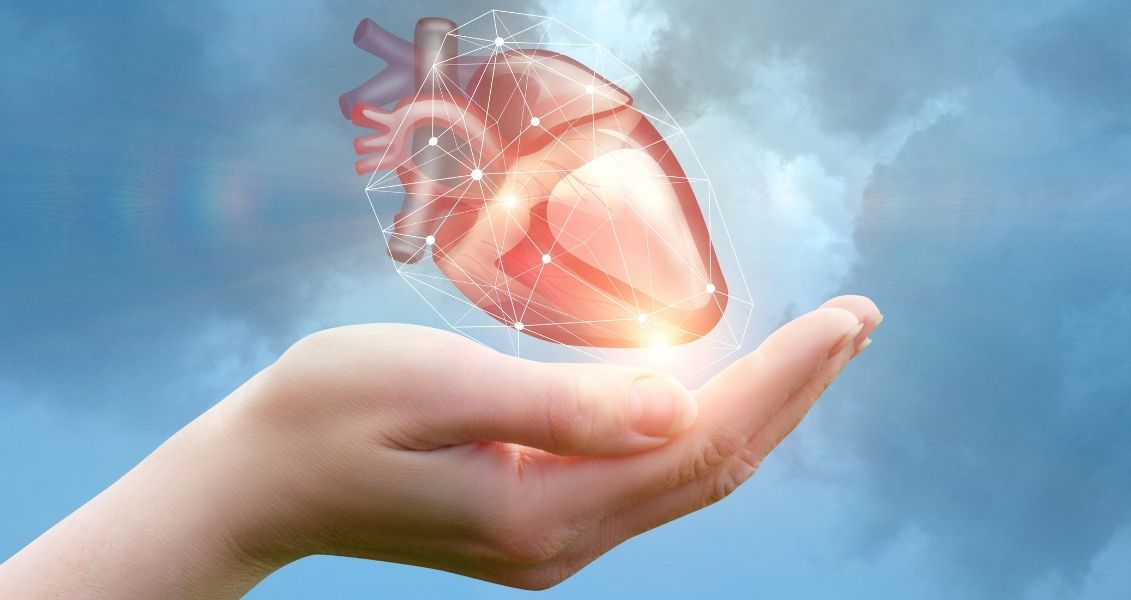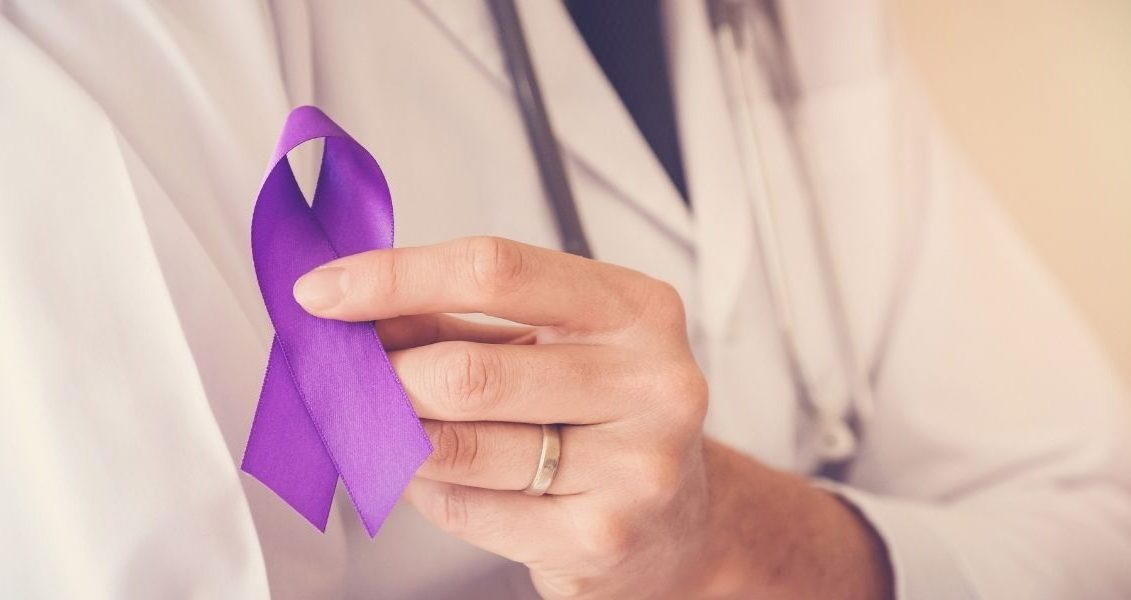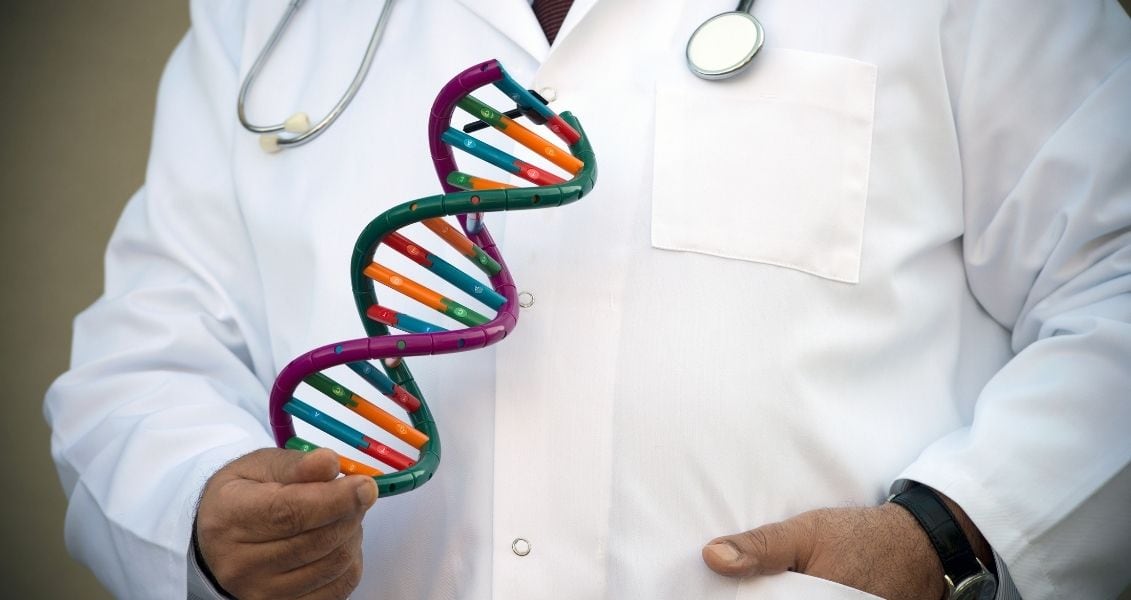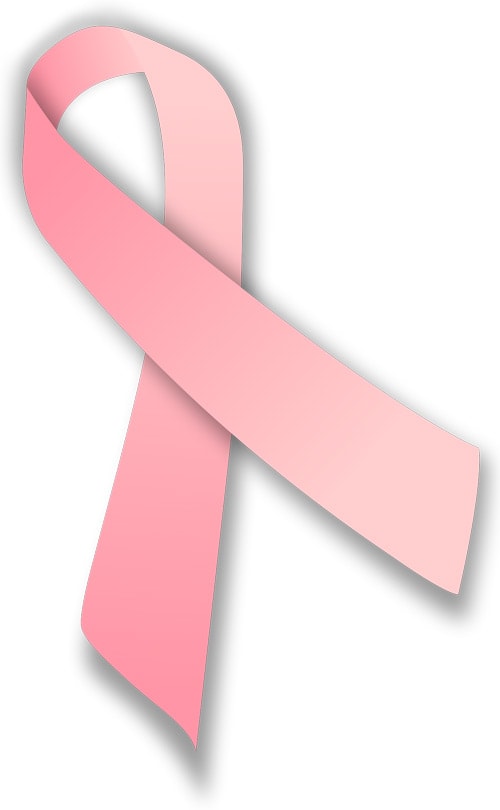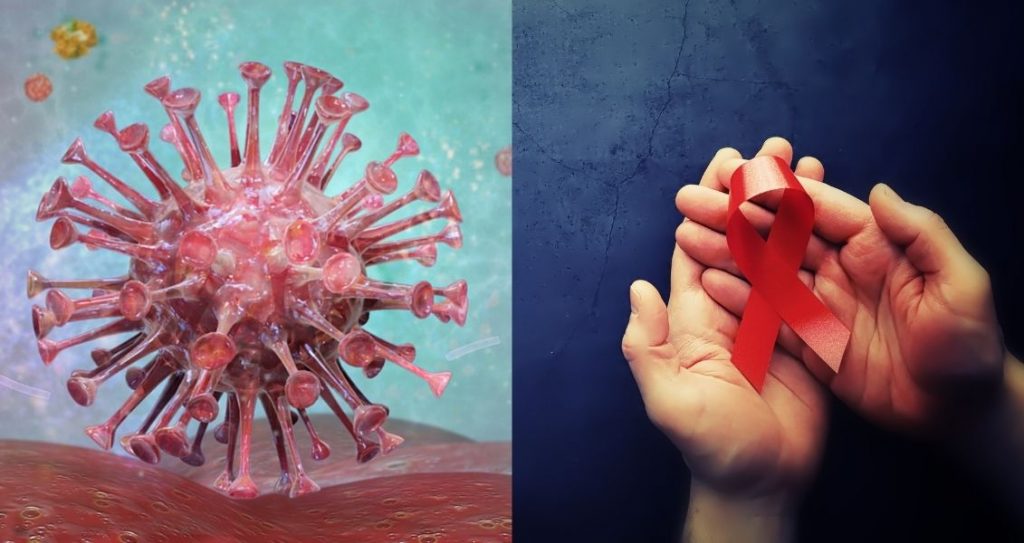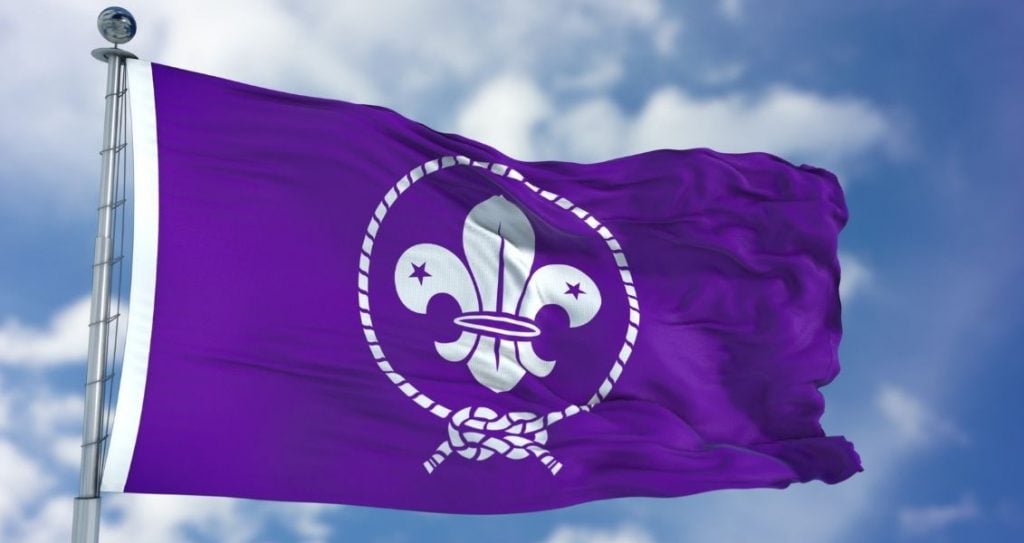World Cancer Day
What is this event?
Cancer is a disease caused by changes in normal body cells. These changes lead to the abnormal uncontrolled growth of cells with the formation of a tumor. Without adequate treatment, tumors can enlarge and spread to surrounding tissues or to other parts of the body through the blood and lymphatic systems. Violations of body functions in this disease can be fatal. In 2000, at the World Summit on the fight against cancer in Paris, to unite the efforts of the international community in the fight against cancer, it was decided to announce February 4 World Cancer Day.
How did the idea of celebrating World Cancer Day come about?
Despite the fact that oncology is considered a young science that began to develop rapidly only in the last century, mentions of cancer have been known since ancient times. At the same time, as it turned out, not only people suffered from cancer, but also animals. For example, scientists found signs of cancerous tumors in some remains of dinosaur bones.
The study of Egyptian mummies also showed cases of various types of oncological neoplasms in their bones and bodies. But in the ancient Egyptian papyri, which describe various diseases, there is no hint of cancer. This is primarily due to the fact that cases of such diseases were few due to low life expectancy – as is known, the risk of getting cancer increases with age.
The ancient Greek physician Hippocrates, who lived in the 5th century BC, already identified cancer among other diseases and believed that if they affected the internal organs, it is better not to carry out any treatment at all, because any intervention shortens the patient’s life. It was Hippocrates who introduced the term “cancer” into circulation.
The fact that a cancerous tumor can be successfully removed at an early stage with the help of a surgical operation was known in the II century to the outstanding ancient Roman healer Galen. Galen also considered the more advanced stages of the disease to be incurable. In those days, doctors did not know the causes and methods of treating oncological diseases, so they used all possible means – from surgery to medicinal herbs or even alchemy.
Changes occurring in the cell
Mankind was able to acquire the first knowledge about cancerous neoplasms only after the appearance of microscopes. It turned out that malignant tumors in the body consist of altered cells that were previously healthy. Scientists tried to find the reason for such changes, and found that human contact with certain chemicals causes cancer. Thus, in the 18th century, carcinogens were discovered and carcinogenesis began to be studied.
In the middle of the 19th century, the use of general anesthesia began, which made it possible to use the surgical method more widely in the treatment of cancer patients. Added knowledge and experience to doctors and the introduction of patho-anatomical discipline in all higher medical institutions. All this contributed to the study of the nature and characteristics of various types of neoplasms. Experimental oncology has developed.
The German doctor Rudolf Virchow used an experimental method to confirm the theory of the development of cancer cells as a result of external damage or trauma. And already at the end of the 19th century, scientists put forward a theory about the possibility of a viral origin of oncological diseases. Numerous experiments on animals have proven the carcinogenic effect of ultraviolet radiation, high doses of X-rays and radioactive chemical elements.
In the 1930s, it was determined that cancerous tumors may also have a hormonal root cause. In 1945, the world learned about tumor markers — substances whose content in the blood indicates the presence of a disease. Also during this period, the first licensed chemotherapeutic drugs appeared.
The 1950s were marked by the advent of ultrasound diagnostics, and in the 1970s, the revolutionary methods of computed tomography and magnetic resonance imaging appeared. In 1973, the first successful transplant was performed for a patient with bone marrow leukemia from a non-family donor.
In the following years, scientists carried out a huge amount of work on the development of new therapeutic agents, the study of the role of the genome in cancer, and the creation of vaccines against oncogenic viruses. As a result, humanity now has more knowledge about cancer than ever before. This allows you to reduce risk factors, increase the effectiveness of prevention, diagnosis and treatment.
World Cancer Day in history
-
1863Rudolf Virchow established a connection between inflammatory processes and cancer. He also used the term “leukemia” for the first time and described this disease.
-
1903For the first time, radiation therapy was used to treat skin cancer.
-
1950The influence of smoking on the occurrence of respiratory cancer has been proven.
-
1958Introduction to the treatment of cancer diseases combined chemotherapy.
-
1964The impact of the Epstein-Barr virus on the development of lymphoma and some other types of cancer has been studied.
-
2010A prostate cancer vaccine has been created using the patient’s own cells. This is the first therapeutic cancer vaccine to date.
Frequent Questions and answers on World Cancer Day
These causes include smoking, excess weight, frequent alcohol consumption, an unbalanced diet, and insufficient physical activity. Recently, the most significant risk of getting sick is considered to be age older than 50 years.
The longer a person lives, the more time there is for genetic changes and mutations in cells. In addition, the effect of the body’s interaction with various carcinogens accumulates over the years.
Genetic features affect the occurrence of cancer. A person can inherit a predisposition to a certain type of such diseases from his parents. Scientists attribute 5 to 10% of cancer cases to hereditary causes.
These are chemotherapy, hormone therapy, immunotherapy, radiation therapy, stem cell transplantation, targeted therapy, and surgical treatment.
Yes, some types of cancer are associated with viruses. Liver cancer is believed to be caused by hepatitis B and C viruses, and lymphomas are associated with the Epstein-Barr virus.
How to celebrate the day of fighting cancer?
In 2020, on this day, about 900 events were held in 100 countries, 700,000 posts were posted on social networks, and about 1,000 articles were published in the press.
In Ukraine, as in other countries, medical oncology institutions organize explanatory events for the population, where they explain the importance of early cancer diagnosis, talk about modern treatment and prevention methods. These events are covered in mass media. Charity events, free examinations, for example, mammography for women, can also be held.
Few people can remain indifferent to the problem of fighting cancer. To join in celebrating this event is to support those people who have to fight this debilitating disease. This can be done by joining various social media campaigns or by donating to cancer charities.
Also, this day encourages you to pay attention to your health and make an appointment for an annual medical examination, even if you are not worried about any symptoms. After all, timely detection of cancer gives the best prognosis for recovery and preservation of quality of life.
Why is this event important?
From oncological diseases more than 9 million people die annually in the world and further forecasts are disappointing. Scientists believe that by 2030, deaths from them will increase to 13 million per year. According to the WHO, from 30 to 50% of the lives of cancer patients can be saved if the disease is detected and treated correctly.
Cancer is not only a health problem, it is also an economic and social problem related to human rights. Unfortunately, at present, not everyone can count on modern effective treatment. The highest mortality from cancer is observed in poor countries, where the availability of quality health services remains at a low level. Also, in such countries, there are often no state programs of mandatory routine examinations, which leads to the detection of cancer in late, incurable stages.
One of the main directions of World Cancer Day is the promotion of prevention among the population. Cancer prevention means, first of all, that people should learn a healthy way of life — to give up smoking, excessive sun exposure, pay attention to a balanced diet and active rest.
The importance of World Cancer Day is that it increases awareness and understanding of this problem, dispels myths about cancer, and thus reduces the fear of this disease. From 2019 to 2021, this event was held under the slogan “I am and I will be”, which means a refusal to perceive a cancer diagnosis as a death sentence and everyone’s participation in overcoming this disease.
When will we celebrate World Cancer Day?
| Year | Date | Weekday |
|---|---|---|
| 2021 | February 4 | Thursday |
| 2022 | February 4 | Friday |
| 2023 | February 4 | Saturday |
| 2024 | February 4 | Sunday |
| 2025 | February 4 | Tuesday |
